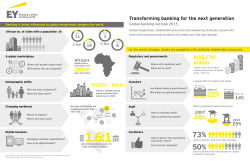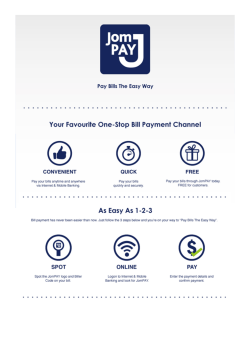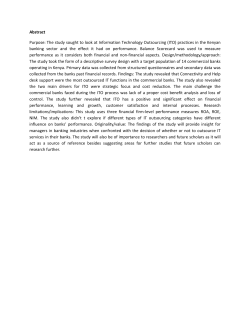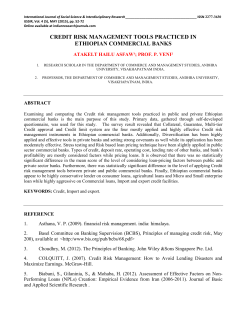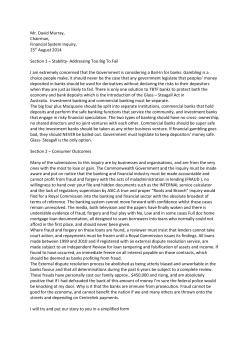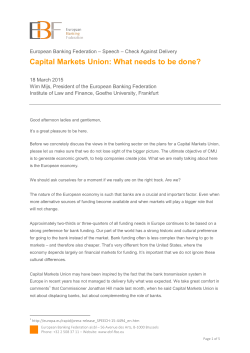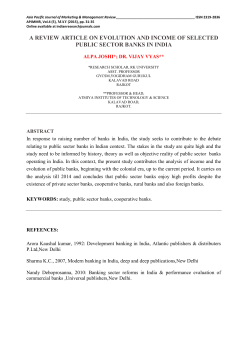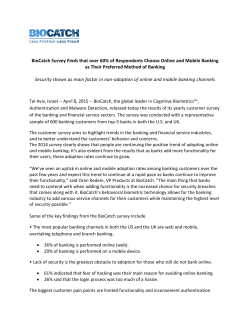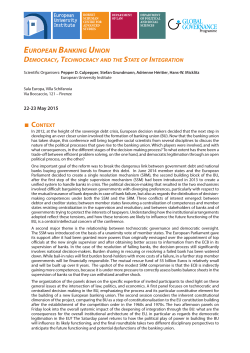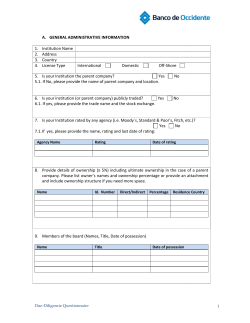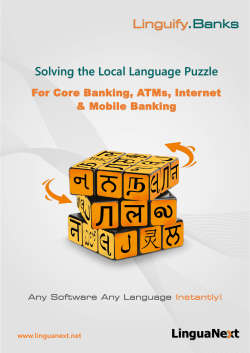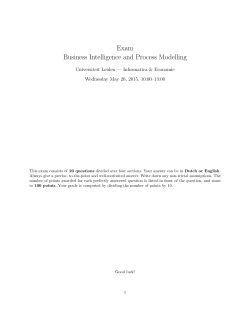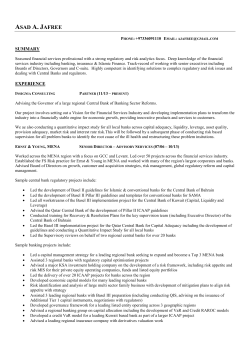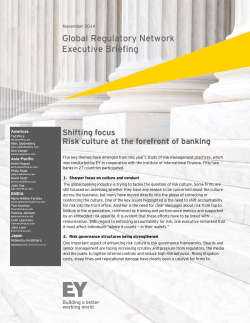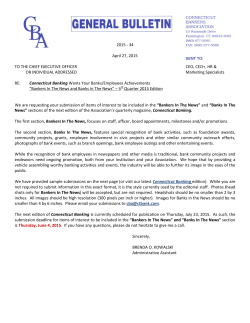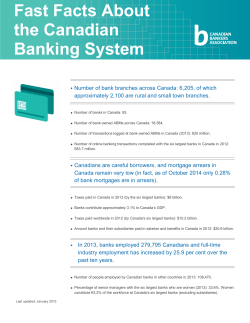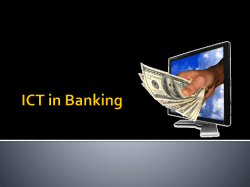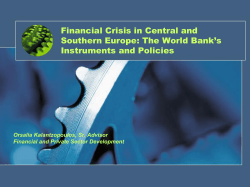
Document 252245
PART1 Now-a-days, the banking sector acts as the backbone of modern business. Development of any country depends mainly upon the banking system. A bank is a financial institution which deals with deposits. It receives money from those who want to save in the form of deposits and it lends it to those who need it. The Bank is a financial institution which deals with people's money. A bank accepts money in the form of deposits repayable on demand. A bank lends out money in the form of loans to those who need it for different purposes. A bank provides easy payment and withdrawal facility to its customers in the form of cheques. A bank is a profit seeking institution which is service oriented. A bank acts as a intermediary between borrowers and lenders. It collects money from those who have a money- surplus and gives it to those who are in need of money. PART 2 There are many kinds of banks. The most important are: Saving banks are established to create saving habit among salaried people and low income groups. The deposits collected from customers are invested in various business projects. Commercial banks have the objective to help businessmen. They collect money from general public and give short-term loans to businessmen. The main objective of these banks is to provide long-term loans for expansion and modernisation of industries. These also known as Agricultural Banks because they are formed to finance the agricultural sector. They also help in land development. Every country of the world has a central bank. In U.S.A, Federal Reserve and in U.K, Bank of England. These central banks are the bankers of the other banks. They provide specialised functions i.e. issue of paper currency, bankers of government, supervising and controlling foreign exchange. A central bank is a non-profit making institution. It does not deal with the public but it deals with other banks. The principal responsibility of a Central Bank is the thorough control of the national currency. Co-operative banks give credit facilities to small farmers, salaried employees, small-scale industries, etc. These banks are concerned with financing foreign trade. Their functions are: Remitting money from one country to another country. Buying and Selling Gold and Silver. Helping Import and Export Trade. Consumers banks are usually found only in advanced countries like U.S.A. and Germany. The main objective of this bank is to give loans to consumers for the purchase of the durables like Motor car, Television set, washing machine, furniture, etc. The consumers have to repay the loans in easy installments. PART 3 E-BANKING DEFINITION E-banking is an electronic banking sytem. It is also called "Virtual Banking" or "Online Banking". It involves information technology based banking. Under this I.T system, the banking services are delivered by way of a Computer-Controlled System. This system does not involve direct interface with the customers. The customers do not have to visit the bank's premises. The services covered under E-Banking include Automated Teller Machines Credit Cards, Debit Cards, Electronic Funds Transfer (EFT) System, Mobile Banking, Internet Banking, Telephone Banking, etc. The main advantages of E-banking are: A lower operating cost. Customers’ conveniency. Very low incidence of errors. Acquisition of funds at any time. The credit cards and debit cards enables the Customers to obtain discounts from retail outlets. The customer can easily transfer the funds from one place to another place electronically. TRADE:The business of buying and selling commodities; commerce. INDUSTRY:Commercial production and sale of goods. CURRENCY:The official currency, coins, and negotiable paper notes issued by a government. A COIN:A small piece of metal, usually flat and circular, authorized by a government for use as money.
© Copyright 2025
